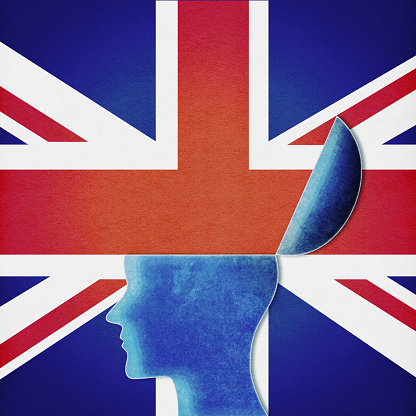
LIBERAL opinions on matters like racial equality, immigration, and sexual identity are widely supported by the majority of people, as revealed by the most recent annual survey, British Social Attitudes conducted by National Centre for Social Research (NatCen).
This is the latest indication that once-marginal liberal viewpoints are becoming more prevalent.
These point to a quick and profound change in views in Britain during the past several decades.
Political scientist Sir John Curtice, a senior fellow at the NatCen said, “As a country, we are as liberal as we have been at any point since this survey started in 1983″.
The survey tells that over the past 20 years, public opinion in Britain has shifted in favour of more accepting attitudes, despite the fact that Conservative politicians and the media frequently use such issues to stoke “culture wars” and incite hostility toward a purported politically correct cultural elite.
The study included a wide variety of topics, including Britishness, national pride, the impacts of immigration on the economy and culture, and views toward equal opportunity.
Among its conclusions were:
Culture war disputes, including those over Britain’s colonial heritage and whether advancements in racial, sexual, and gender equality “have gone too far,” have been more prevalent in recent years, with “anti-liberal” opponents explicitly attacking liberal organisations like universities and charities.
Although most people support providing disabled persons with an equal chance in the job, they may not be open to having a disabled person as a boss or a co-worker.
This attitude could be related to the idea that persons with disabilities might not perform as well as people without disabilities.
Key findings on this issue include:
The survey found that people are more prone to have unfavourable opinions about employees who have mental health issues.
It also states that people with personal disability experiences had more favourable opinions toward impaired employees.
UK voting system, climate crisis, taxation, welfare, health, education and social benefits, and regional differences, are the other major areas covered by the survey.
National Centre for Social Research is an independent social research organisation. They work on behalf of government and charities to find out what people really think about important social issues and how Britain is run through their British Social Attitudes survey.